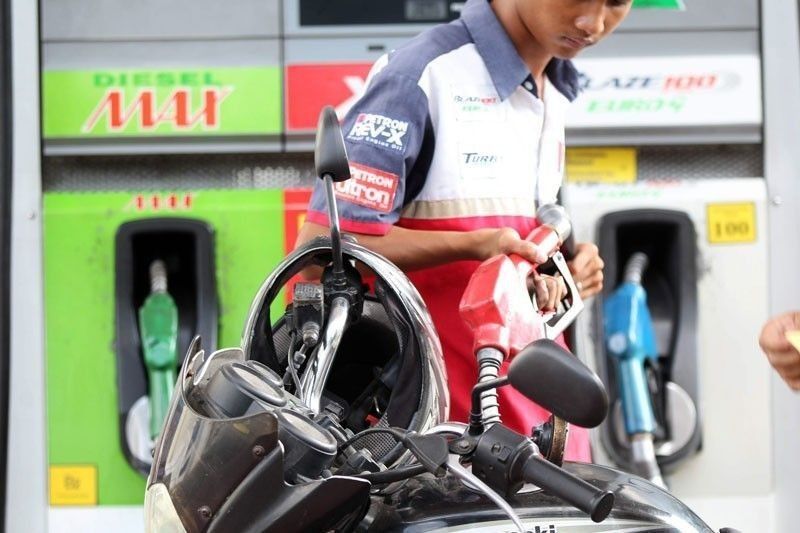How the attack on Saudi oil facilities will affect the Philippines

MANILA, Philippines — Energy markets were rattled this week following attacks on Saudi Arabian oil facilities last weekend that wiped out half the OPEC kingpin's output, threatening to choke an already slowing global economy.
The aftermath of the attack stoked a record surge in crude prices while stock markets were engulfed in a sea of red. But the kingdom has said that its oil production would return to normal by the end of September, helping to steady crude futures markets.
Here’s how this development can affect the Philippines — a net importer of oil.
How dependent is the Philippines on Saudi oil?
The Philippines gets 12% of its petroleum supply from Saudi Arabia. In the first six months of 2019, the United Arab Emirates is the Philippines’ top source of crude oil imports with 32% share.
On Tuesday, oil companies announced higher local pump prices, with gasoline prices rising by P1.35 per liter, diesel prices by P0.85 per liter and kerosene by P1.00 per liter.
The Department of Energy said the attacks on Saudi oil facilities were not yet factored in the recent price adjustments, adding that any impact may be felt on Tuesday next week.
READ: Oil prices higher, Saudi drone attack not yet factored
Energy Secretary Alfonso Cusi has assured the public that the Philippines has enough oil supply, saying the country strictly complies with the minimum inventory requirement of 30 days for crude oil.
But Cusi said “the problem here is the impact on the price,” adding that the drone attacks in Saudi increased the urgency for the Philippines to develop its own stockpile reserve that would serve as buffer against price shocks abroad.
READ: DOE: No fuel supply problem in the Philippines
Will there be a spike in consumer prices?
Bangko Sentral ng Pilipinas Deputy Governor Francisco Dakila Jr. said that last weekend’s attack on Saudi oil facilities “represents an upside risk to the inflation outlook.”
But Dakila said central bank estimates showed that “inflation is still likely to remain within target for 2019.”
Meanwhile, some analysts say that inflation risks will depend on the speed by which Saudi Arabia will restore its lost output.
“We will continue to monitor the situation for new developments and will update our forecasts accordingly as we get more information, especially as we prepare for the meeting of the Monetary Board on the monetary policy stance on September 26,” Dakila said.
“As always, our decision on the monetary policy stance will depend on how these and other developments will affect our outlook for inflation,” he added.
Separately, BSP Governor Benjamin Diokno said the recent turn of events won’t affect the central bank’s plan to further slash interest rates this year.
“In my briefing, I said that as long as oil prices won’t exceed [$85 per barrel] we’re still within our inflation target,” Diokno said. — with reports from BusinessWorld and AFP
- Latest
- Trending



























